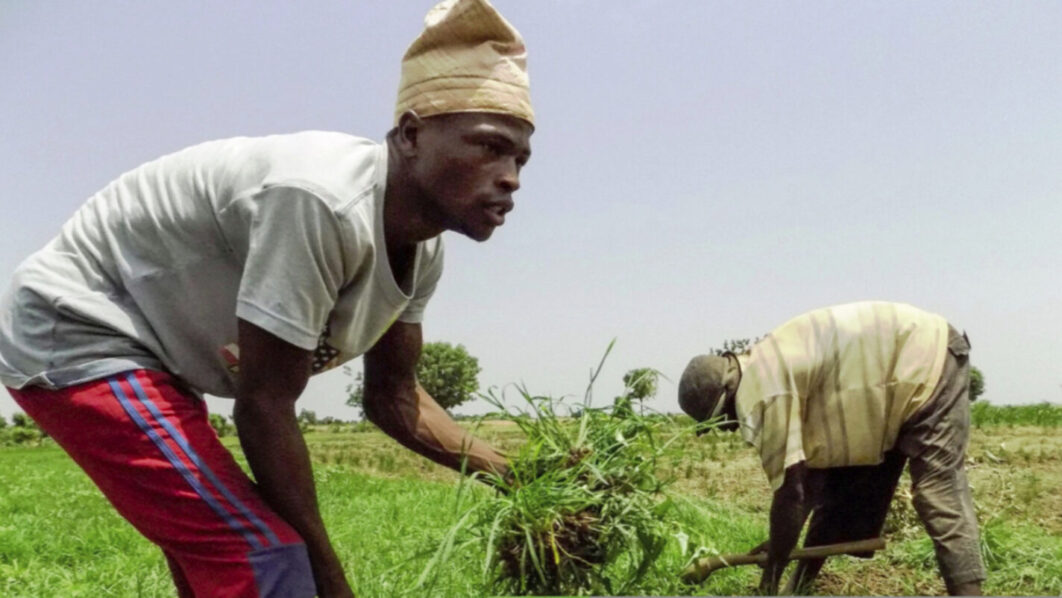
The Director, Programme, Development and Commercialisation of African Agricultural Technology Foundation (AATF), Dr. Emmanuel Okogbenin, has expressed displeasure that despite the estimated 41 million smallholder farmers in Africa producing food, many countries are still grappling with food crisis.
Okogbenin, in a presentation on “Plant Breeding Innovations and Biosafety: Benefits of GM Crops for National Food and Nutrition Security,” at the second International Conference of the Nigerian Plant Breeders Association, in Abuja, shared critical insights into the role of Plant Breeding Innovations and Biosafety in addressing the food and nutrition security challenges in Africa.
He emphasised the transformative potential of Genetically Modified (GM) crops for national food systems, highlighting that while plant breeding has made strides in addressing production challenges – such as drought tolerance, pest resistance, disease control, and resource, efficiency, post-harvest losses remain a significant issue that undermines these gains.
The scientist reiterated that the estimated smallholder farmers are responsible for producing the majority of food in Africa, yet many governments on the continent are not sufficiently investing in agriculture.
According to him: “Of the 54 African countries, 48 of them allocate an average of just 3.8 per cent of their budgets to agriculture,” emphasising the need for increased funding to advance agricultural development in the continent.
He therefore, underscored the importance of GMOs, in achieving food security, stressing that only eight African countries have so far approved or commercialised four genetically modified crops and GM crop market in Africa that was valued at $615.4m in 2018, is projected to grow by five per cent to reach $871m by 2025.
“Globally, GM crops were grown on 202 million hectares in 2023, a three per cent increase from the previous year. To maximize the benefits of the crops, it is importance to strengthen commercial agriculture and improve transformation efficiency across the agricultural value chain.
“A balance between research and delivery in resource allocation is essential for better results, along with a focus on developing the value chain, particularly mid-stream activities,” he concluded.
The presentation serves as a clarion call to policy makers, researchers, and industry stakeholders to prioritise innovations that will enhance agricultural productivity and address the pressing food security challenges across Africa.






